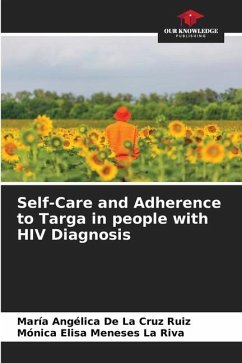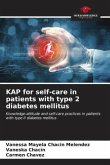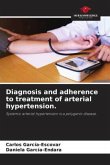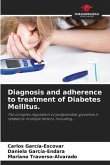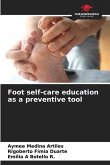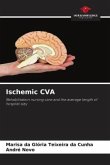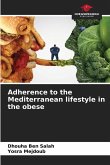Self-care is the maturity and responsibility that a person living with HIV needs to incorporate in order to reduce and control the negative effects of the disease; the patient is aware of his or her vulnerability and fragility in adhering to treatment. Currently, the person living with HIV who responsibly adheres to comprehensive therapy (self-care practices) and HAART treatment provides the possibility of living a quality life. However, there are situations in which the person does not achieve the maturity to comply with the comprehensive therapy and therefore there is a greater possibility of non-adherence and a high risk of opportunistic diseases that can lead to a reverse evolution, i.e. lower hope, lower quality of life and higher costs, HIV is a public health problem that affects millions of people, which is why it is necessary to apply prevention measures, self-care practices and adherence. This requires sustained family support and the support of a health team that offersa unique and singular humanised care in the health-disease process.

